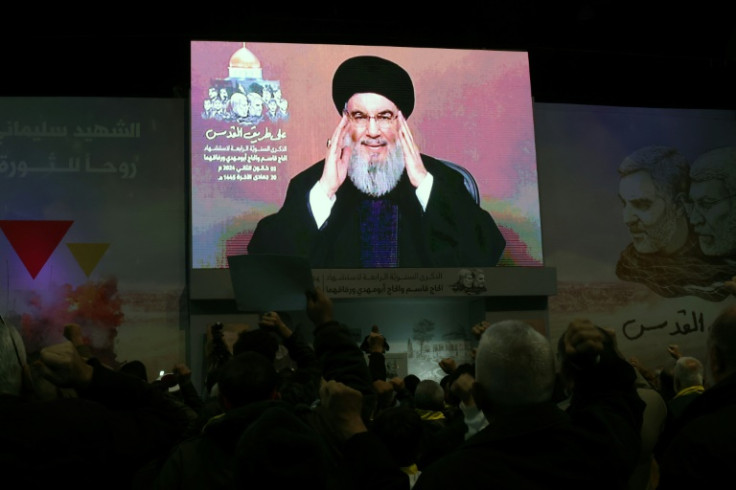
The leaders of Cuba and Venezuela were among the relatively few countries that condemned the killing of Hezbollah chief Hassan Nasrallah last Friday in an Israeli airstrike. Nicolás Maduro and Miguel Díaz-Canel joined heads of countries like Syria, Iran, Russia and Turkey with their messages.
Speaking at a political rally in Caracas, Maduro described the killing as the "assassination of a leader in the Muslim world, of the Arabic people, Mr. Hassan Nasrallah, Secretary General of Hezbollah."
"I want to express, in the name of the Venezuelan Bolivarian forces, our solidarity with Hezbollah, his family and the people of Lebanon," added Maduro, who also condemned Israel for ordering the strike "from the UN headquarters in New York."
"The cowards of the world stay mute, but us rebels won't be silenced. I call the people of the world, the Muslim and Arabic people to raise their voice in solidarity with the people of Lebanon and Palestine," concluded Maduro.
Largely isolated from the international community, especially since the botched presidential elections in late July, Maduro has forged close ties with the Islamic Republic of Iran and has received its support both in the diplomatic and economic landscapes, signing a score of cooperation agreements.
Cuba's Miguel-Díaz Canel also condemned Nasrallah's killing, describing it as a "targeted assassination" by an "Israeli attack on residential buildings in a Beirut suburb, causing destruction and the death of innocent civilians." He added that the event "severely threatens regional and world security, its total responsibility on Israel and the complicity of the United States."
Nasrallah's killing is set to send shocks throughout the Middle East, as he is the most senior figure targeted by Israel since the October 7 attack by Hamas, which catalyzed what has become a multi-front conflict.
On the day following the attacks, Hezbollah began launching rockets to Israel's north to support Hamas, both being part of the so-called "Axis of Resistance," militant groups backed by Iran and enemies of Israel.
However, the killing is indeed a large blow to Hezbollah, which had been hit incessantly by Israel over the past 10 days. The wave of crippling attacks began with the simultaneous detonation of pagers used by thousands of members of the group, killing scores and crippling hundreds. Israel continued targeting Hezbollah positions ever since, saying it's work to dismantle the group is not over.
Chief of Staff Herzi Halevi said Saturday that the killing is "not the end of our toolbox." The army also mobilized additional reserve soldiers to serve across the country.
© 2025 Latin Times. All rights reserved. Do not reproduce without permission.





